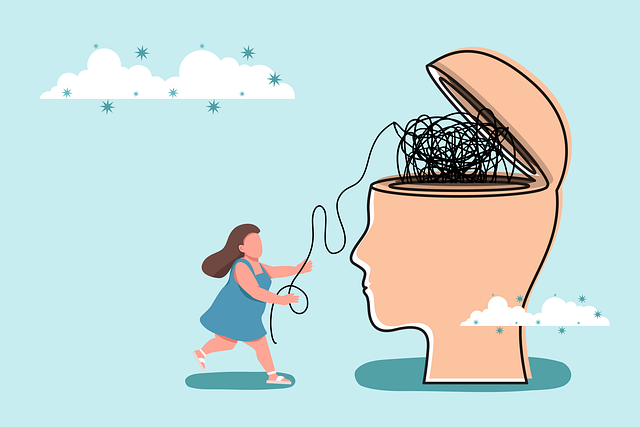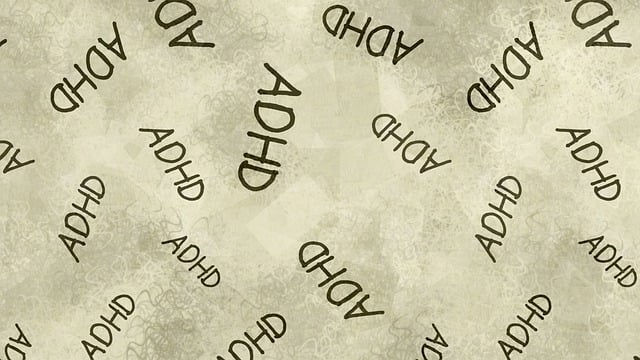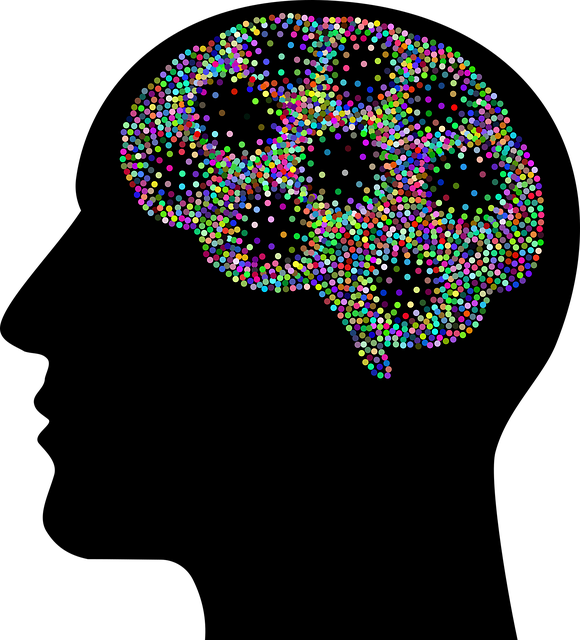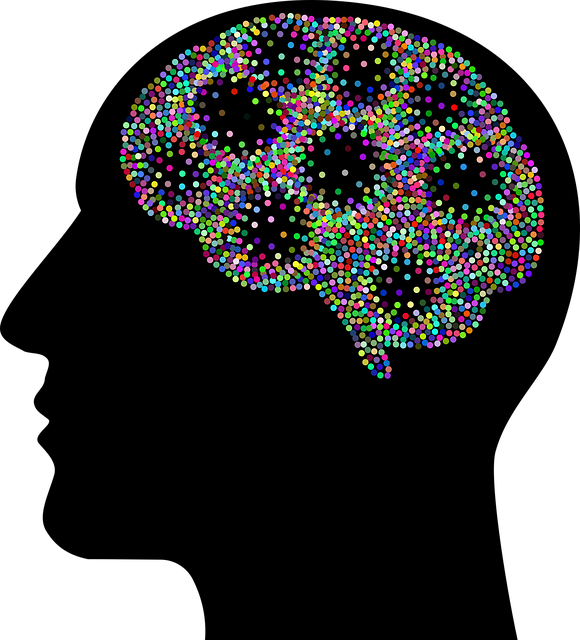Aurora Eating Disorders Therapy emphasizes mindfulness meditation as a core element of eating disorder recovery, fostering awareness, stress management, and healthier relationships with food. Creating a dedicated, peaceful meditation space at home sets the stage for mental growth. Through techniques like breath focus and mindful sensory engagement, individuals achieve emotional regulation and calmness, preventing stress and depression. Integrating mindfulness into daily life—from mindful eating to conscious movements—promotes self-awareness, reduces burnout risk, and supports lasting recovery. Aurora's comprehensive approach combines meditation with self-acceptance, mood tracking, and cognitive distortion guidance, empowering patients to make informed nutrition choices and cultivate positive mindsets.
“Unwind your mind and embrace a transformative journey towards recovery with mindfulness meditation. This comprehensive guide offers practical steps, tailored specifically for those navigating eating disorders within the context of Aurora Eating Disorders Therapy. From setting a serene practice space to cultivating awareness during meditation, you’ll discover techniques to seamlessly integrate mindfulness into daily life. Overcome challenges, track progress, and unlock lasting change, all while fostering a deeper connection with your body.”
- Understanding Mindfulness Meditation for Eating Disorders Recovery
- Setting the Stage: Preparing Your Space and Mind for Practice
- Techniques to Cultivate Awareness During Meditation
- Integrating Mindfulness into Daily Routines for Lasting Change
- Overcoming Challenges and Tracking Progress in Aurora Eating Disorders Therapy
Understanding Mindfulness Meditation for Eating Disorders Recovery

Mindfulness meditation is a powerful tool for individuals navigating eating disorders recovery. It involves intentionally focusing on the present moment and non-judgmentally observing one’s thoughts, feelings, and bodily sensations, including those related to food and eating. This practice can be particularly beneficial for people struggling with disordered eating patterns, as it helps to cultivate awareness and a healthier relationship with food.
At Aurora Eating Disorders Therapy, we emphasize the role of mindfulness in recovery by teaching clients effective meditation techniques tailored to their needs. By integrating mindfulness into daily routines, individuals can learn to manage stress, reduce the impact of mental illness stigma, and develop a more positive and balanced approach to eating. This, in turn, fosters a sense of control and empowers them to make healthier choices, ultimately supporting their journey towards recovery.
Setting the Stage: Preparing Your Space and Mind for Practice

Creating a dedicated space for mindfulness meditation is the first step toward reaping its benefits. Imagine your mind as an aurora—a dynamic, ever-changing light show that requires the right conditions to shine at its brightest. Similarly, your meditation practice needs a prepared environment to flourish. Consider a quiet corner of your home where you can retreat, free from distractions and interruptions. Transform this space into a sanctuary by incorporating elements that promote peace and relaxation, like soft lighting or soothing scents.
Before you begin, take a moment to set an intention—a simple focus for your practice. This could be cultivating emotional regulation, finding anxiety relief, or fostering positive thinking. With a clear aim in mind, you’re not just preparing a physical space but also setting the stage for a profound mental transformation, much like Aurora Eating Disorders Therapy guides individuals to navigate and change their mindset towards healthier relationships with food and body image.
Techniques to Cultivate Awareness During Meditation

Cultivating awareness during meditation is a skill that can be enhanced through various techniques. One powerful method is focusing on your breath. Notice the sensation of air flowing in and out, allowing your mind to become grounded in the present moment. This simple act of observing your breathing patterns can help quiet the mental chatter and foster a deeper sense of calm.
Additionally, engaging your senses can be a transformative technique. Pay attention to the sounds, sights, and even smells around you, embracing each sensation without judgment. For instance, during a walk in nature, notice the rustling leaves, the colors of the landscape, or the fresh scent of flowers. This mindful engagement with your surroundings not only enhances your overall mental wellness but also serves as an effective tool for stress management and depression prevention, as recommended by Aurora Eating Disorders Therapy experts. Incorporating such awareness practices into your daily routine can contribute to a thriving Mental Wellness Podcast Series Production, providing valuable insights for listeners seeking balance and peace.
Integrating Mindfulness into Daily Routines for Lasting Change

Integrating mindfulness into daily routines is key to fostering lasting change, especially when addressing issues like eating disorders and burnout prevention strategies for healthcare providers. It’s not about setting aside a formal meditation practice; it’s about weaving mindfulness into every aspect of your day. Start with simple practices like mindful eating—enjoying each bite, paying attention to hunger cues, and savoring flavors—transforming mealtimes into a nourishing ritual.
This awareness extends beyond meals. Engage in mindful movements during routines like brushing teeth or walking, focusing on bodily sensations and breathing. Incorporate moments of stillness and reflection throughout the day, allowing yourself to pause, observe thoughts without judgment, and cultivate emotional intelligence. Practices like these create neural pathways for increased self-awareness, stress reduction, and improved emotional regulation—all crucial components in healing from eating disorders and preventing burnout among healthcare providers. Think of it as a journey towards a more balanced, mindful life where each moment is an opportunity for growth and healing.
Overcoming Challenges and Tracking Progress in Aurora Eating Disorders Therapy

Overcoming Challenges in Aurora Eating Disorders Therapy involves a multifaceted approach tailored to individual needs. Many individuals struggle with self-acceptance and challenging societal pressures, requiring a supportive environment and compassionate guidance from healthcare providers. The journey towards recovery can be hindered by various obstacles, including emotional resistance, cognitive distortions, and triggers from the surrounding environment. However, with dedicated practice, mindfulness meditation becomes a potent tool for navigating these challenges. By fostering awareness of thoughts and emotions without judgment, individuals in Aurora Eating Disorders Therapy can gain insights into their eating behaviors and develop healthier coping mechanisms.
Tracking Progress is an essential aspect of Aurora Eating Disorders Therapy that empowers patients to recognize their achievements and adapt their practices accordingly. Regular reflection on one’s mental health journey, much like implementing burnout prevention strategies for healthcare providers, ensures a balanced approach to treatment. Mood management plays a crucial role in this process, as mindful meditation helps individuals understand and regulate their emotional states, leading to more effective decision-making regarding nutrition and overall well-being. Through consistent practice and a growth mindset, patients can overcome challenges, achieve their therapy goals, and cultivate a deeper appreciation for mental health awareness.
Mindfulness meditation offers a powerful tool within the comprehensive approach of Aurora Eating Disorders Therapy. By integrating these practices into daily life, individuals can cultivate a deeper understanding of their relationship with food and body image, fostering lasting positive changes. Through dedicated practice, one can navigate challenges and embrace a more mindful, balanced, and healing journey towards recovery.














